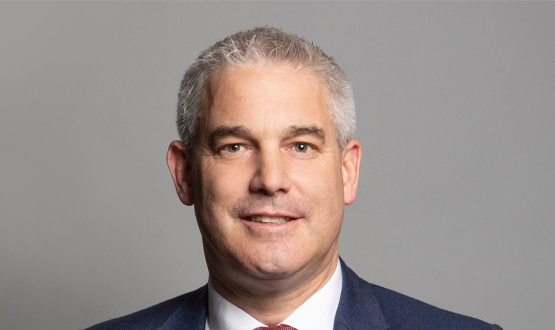Mobile phone microscope developed
- 30 July 2009
 |
|
Mobile Microscope |
American researchers have developed a fluorescence microscope that can be attached to a mobile phone that can take and analyse detailed images to help diagnose diseases such as tuberculosis.
The CellScope uses a standard Nokia handset with a 3.2 mega pixel camera and a “snap on” device that includes a microscope and a holder for blood samples on glass slides.
The Cellscope microscope consists of conventional microscope optics and equipment enabling it to function as a fluorescence microscope, which can identify the markers of tuberculosis.
Fluorescence occurs when molecules are illuminated with a particular colour. Fluorescent tagging of molecules can identify markers of disease by latching on to different types of bacteria.
At present fluorescence microscopes are bulky and expensive and are only found in labs and hospitals.
David Breslauer, a researcher and the lead author of the study at the University of California Berkeley, said: “The innovation on our front is that we’ve integrated everything with a cell phone rather than just making a standalone microscope.”
The CellScope, which is now being developed for clinical trials, uses cheap commercial light-emitting diodes as the light source instead of the high-power, gas filled lamps used in the large commercial versions of the device.
Breslauer hopes that the product will help the diagnosis of disease across the world and in particular in developing countries, where medical diagnostics are uncommon but mobile phones and network coverage are widespread.
He said: “In the developing world and rural areas, you could be hundreds of miles from hospitals or power but the mobile infrastructure is well established and pretty much blanketing the globe.
“So if you can have a portable, battery operated system to take these images, analyse and transfer them, you’re creating a portable healthcare clinic,” he added.
The research team are now making a “field-ready” version of the device, which will be used in clinical trials. They are also developing several other tagging molecules to address the diagnosis of other diseases.




